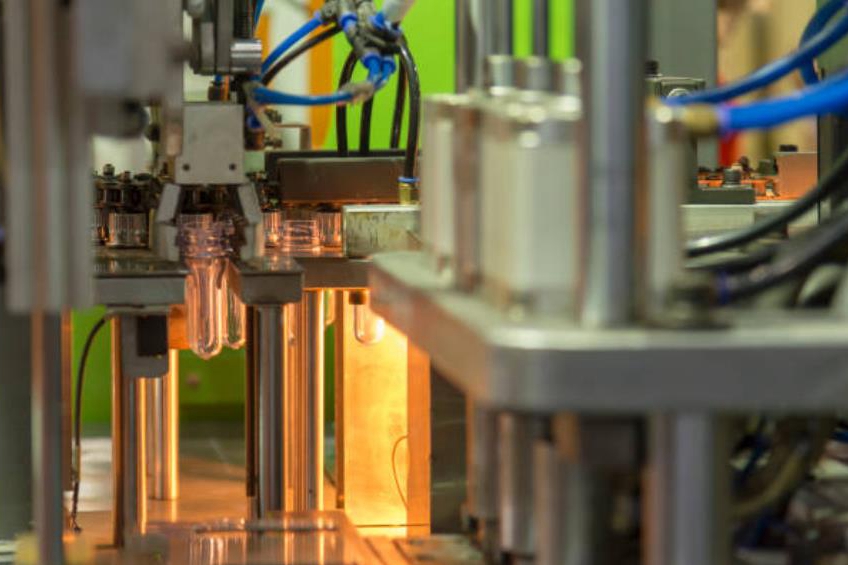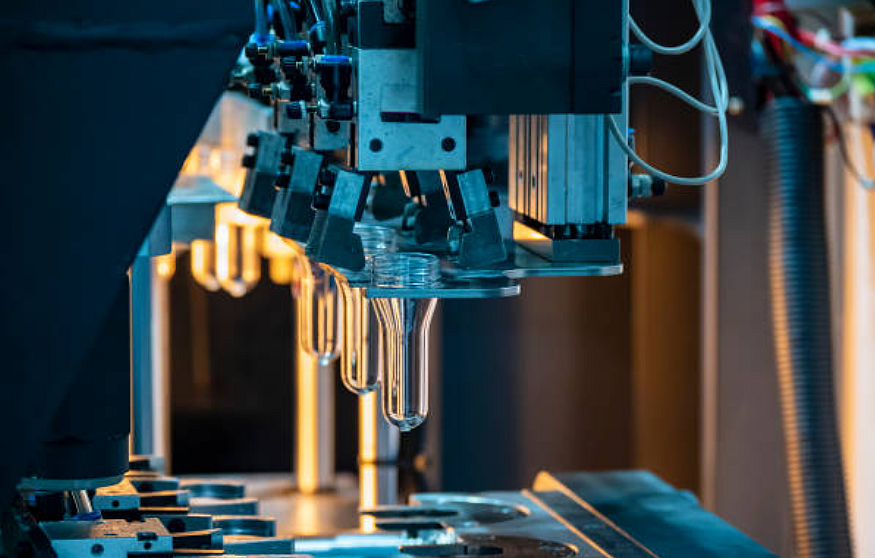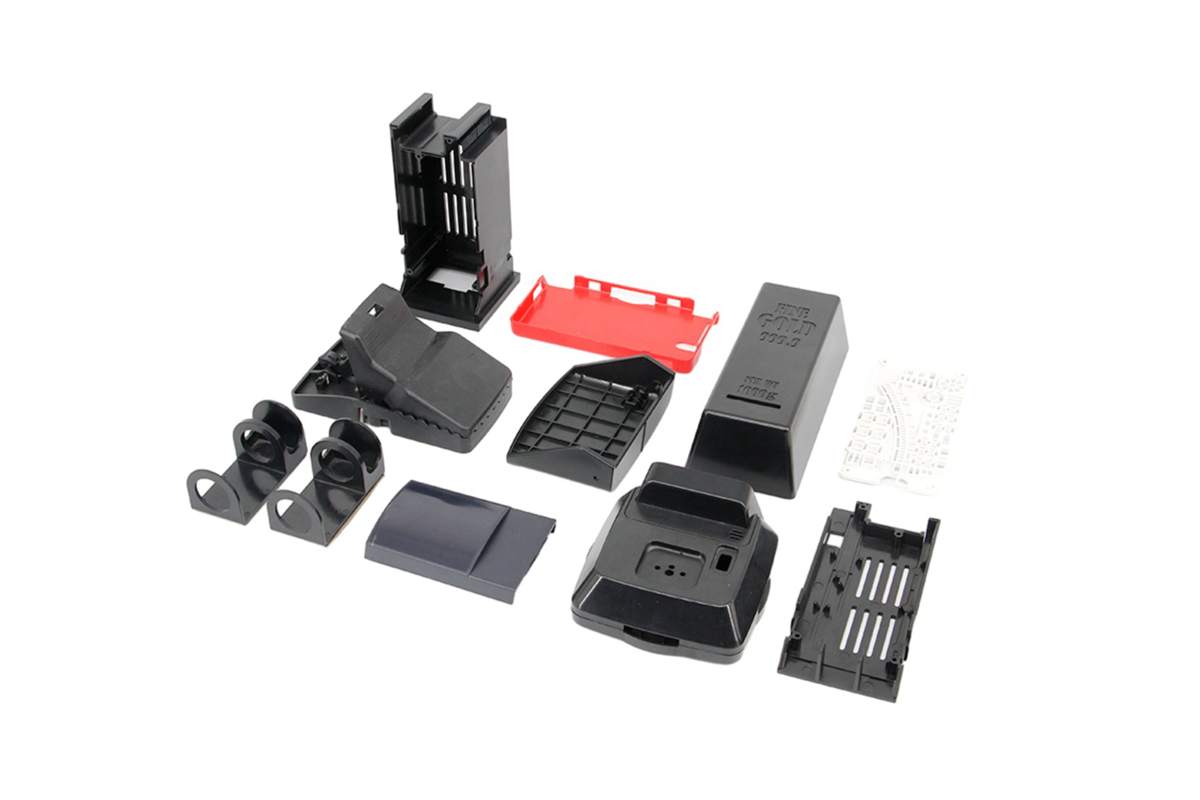What are common materials used in injection molding?
Injection molding supports a wide range of thermoplastics, engineering polymers, and elastomers, each chosen based on mechanical strength, heat resistance, chemical stability, and cost. Below are the most commonly used materials in injection molding across industrial sectors such as automotive, medical, consumer electronics, and aerospace.
Common Thermoplastics Used in Injection Molding
ABS (Acrylonitrile Butadiene Styrene)
Properties: High impact resistance, toughness, and dimensional stability
Applications: Automotive trim, enclosures, consumer electronics
Learn more: ABS Injection Molding
Polycarbonate (PC)
Properties: Optical clarity, high toughness, good thermal resistance
Applications: Lighting lenses, safety helmets, medical housings
Learn more: PC Injection Molding
Nylon (Polyamide, PA)
Properties: High mechanical strength, abrasion resistance, chemical durability
Applications: Gears, bushings, connectors
Learn more: Nylon Injection Molding
Polypropylene (PP)
Properties: Lightweight, flexible, excellent fatigue and chemical resistance
Applications: Packaging, living hinges, automotive interior parts
Learn more: PP Injection Molding
POM (Acetal/Delrin)
Properties: Low friction, high stiffness, excellent dimensional stability
Applications: Precision gears, fasteners, industrial machinery components
Learn more: POM Injection Molding
Polyethylene (HDPE, LDPE)
Properties: Good chemical resistance, flexibility (LDPE), strength (HDPE)
Applications: Containers, tubing, medical packaging
Learn more: HDPE Injection Molding
Advanced Engineering Plastics and Elastomers
TPU (Thermoplastic Polyurethane)
Properties: Flexible, wear-resistant, good tensile strength
Applications: Gaskets, phone cases, medical devices
Learn more: TPU Injection Molding
PEEK (Polyether Ether Ketone)
Properties: Excellent thermal stability, chemical resistance, high mechanical strength
Applications: Aerospace, automotive engine parts, surgical implants
Learn more: PEEK Injection Molding
LCP (Liquid Crystal Polymer)
Properties: High-temperature resistance, minimal thermal expansion
Applications: Precision connectors, electronics components
Learn more: LCP Injection Molding
PBT (Polybutylene Terephthalate)
Properties: Electrical insulation, heat resistance, dimensional stability
Applications: Automotive sensors, electrical housings
Learn more: PBT Injection Molding
Choosing the Right Material with Expert Support
Selecting the appropriate injection molding material depends on your application’s mechanical, thermal, and regulatory requirements. For optimal performance and manufacturability, Neway Precision provides complete consultative design services and rapid production through services like CNC machining prototyping and 3D printing. Whether you need fast prototyping or volume production, we ensure the right material and process for your custom parts.



